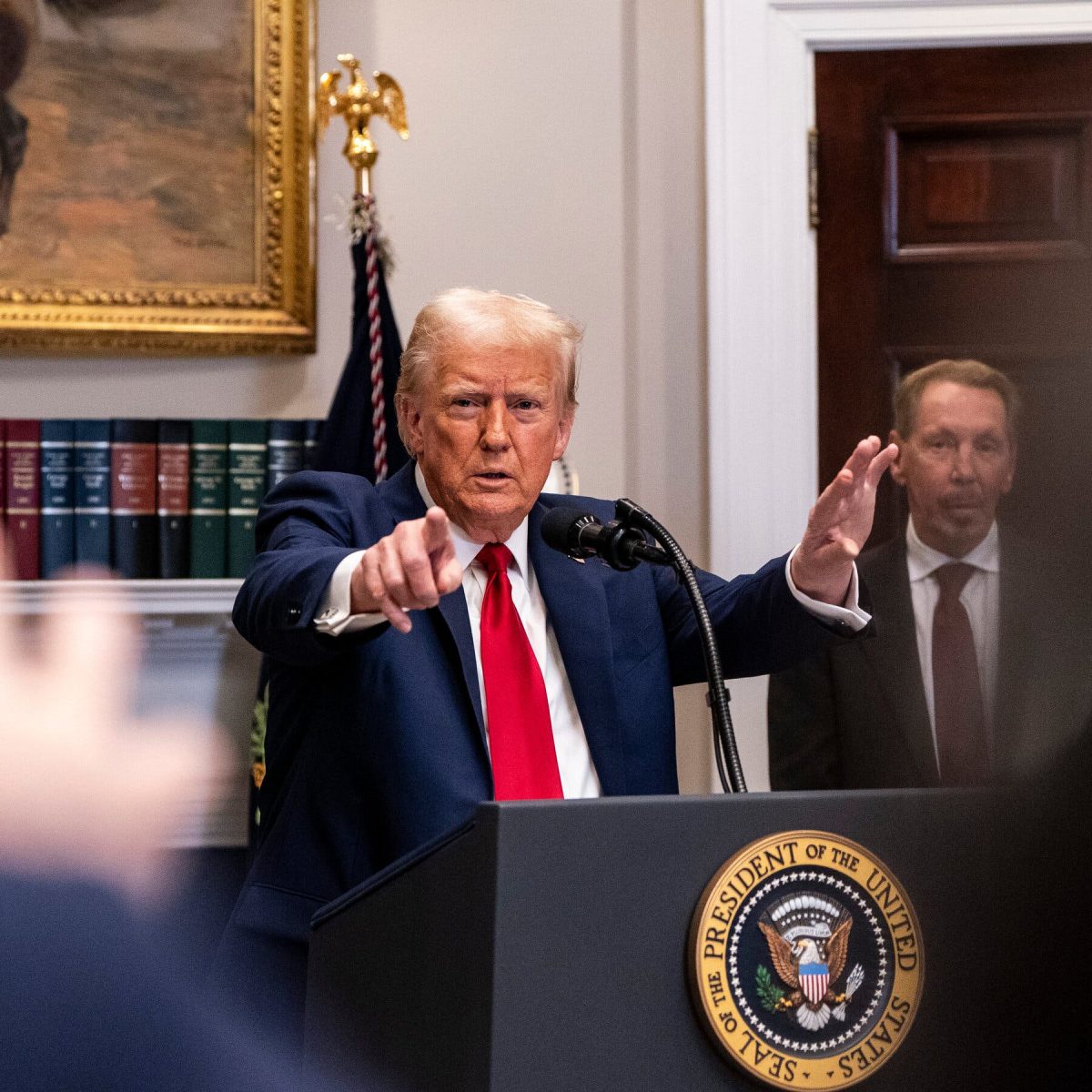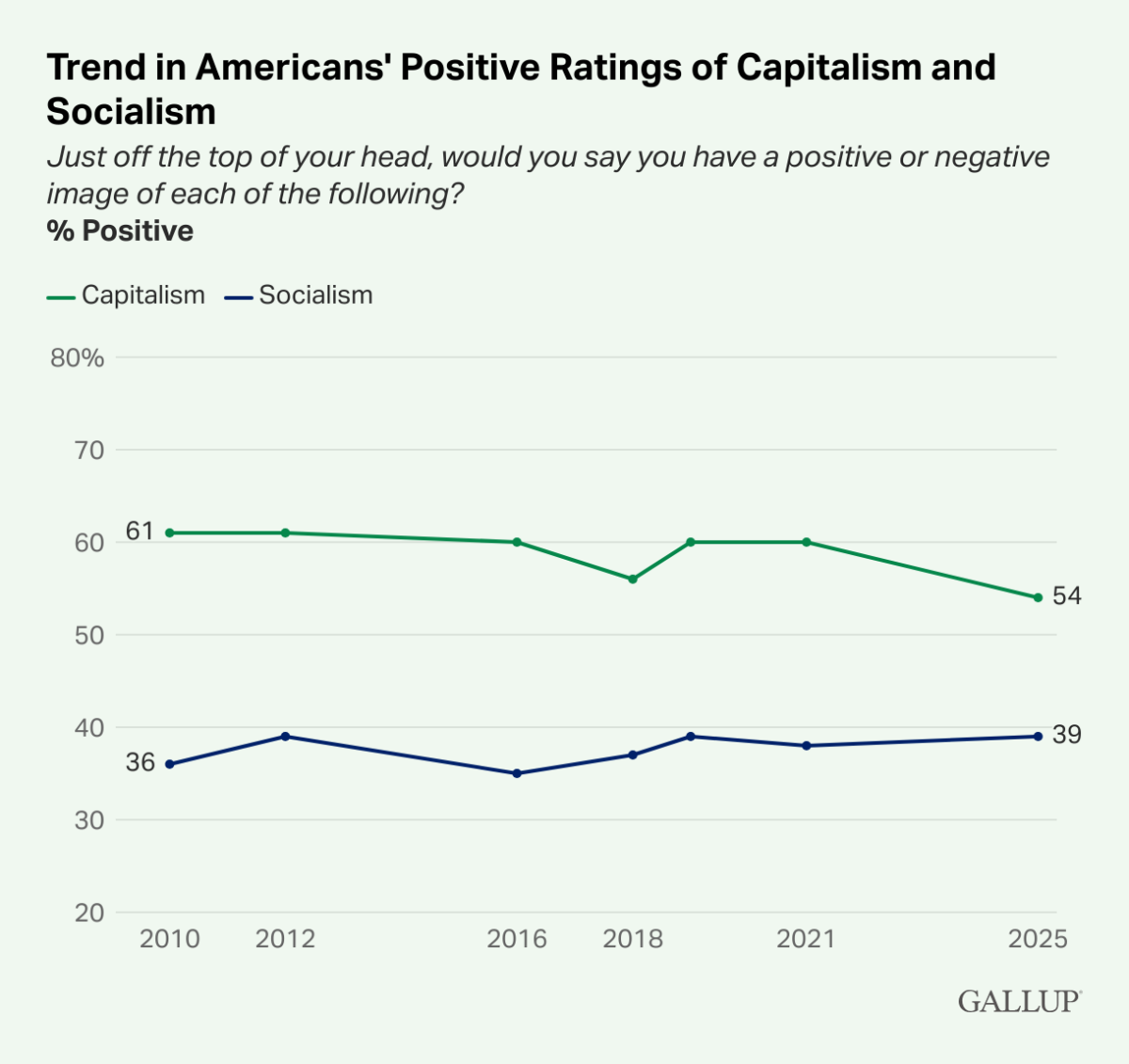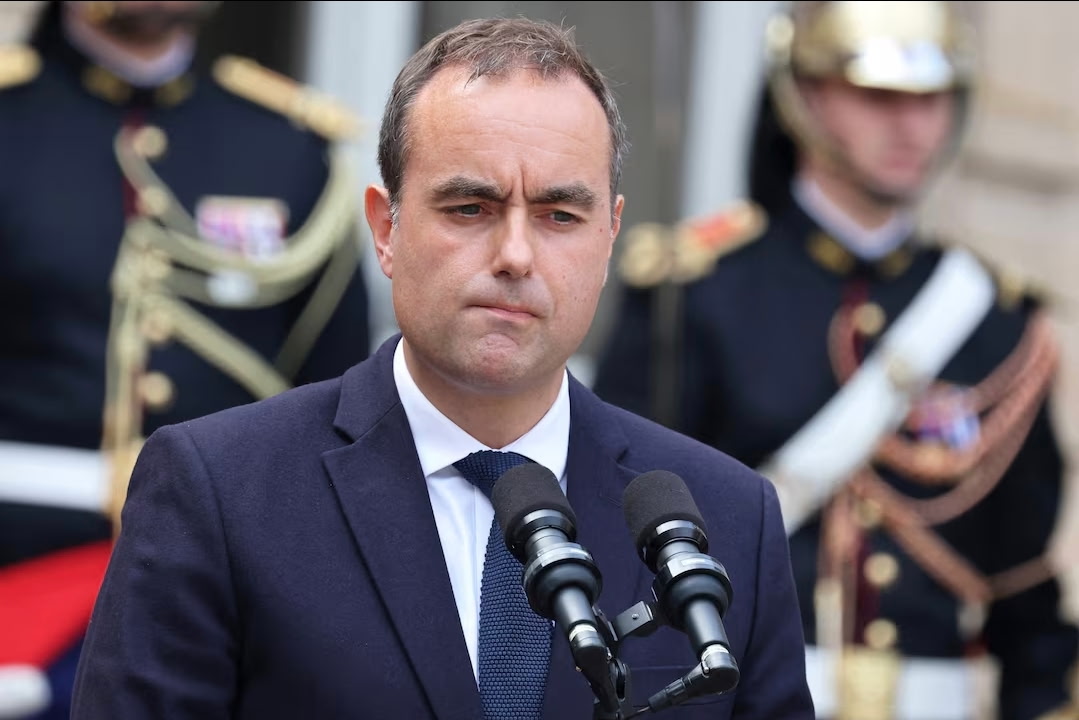Since the civil rights movement in the 1960s, multiple programs have been created to increase diversity and make society more fair for people of color, such as affirmative action and anti-discrimination policies. After George Floyd was murdered in 2020, companies began attempting to appear more socially appealing with new policies meant to increase Diversity, Equity, and Inclusion, otherwise known as DEI.
These policies include affirmative action, discrimination training, and other policies that help prevent discrimination, comply with civil rights laws, and create environments welcoming marginalized groups. Opponents of DEI see these policies differently, believing DEI focuses on race and gender too much at the expense of individual merit and they see it as discrimination against white men. These beliefs have led to DEI policies being challenged legally and in companies, which are currently being led by the Trump administration.
Trump has made it a major goal of his to end the so-called discrimination caused by DEI by using executive orders to cut programs, putting pressure on federal agencies to end their DEI programs, and investigating private companies for their DEI policies. This pressure by the administration has been successful, with Department of Defense Secretary Pete Hegseth writing that “DOD≠DEI” and that anyone who does not comply with the new policies will be fired. It has also been successful beyond federal agencies as well, with many companies cutting DEI policies, such as Meta, which eliminated their anti-discrimination policies, specifically for trans people, who are now allowed to be insulted and say they should not exist on Meta platforms. Schools have also been affected by controversies surrounding DEI, with the Supreme Court’s 2023 ruling against affirmative action in college admissions, which energized conservative groups against DEI policies and led to more DEI rollbacks in schools and universities. Not all of the rollbacks of DEI have been accepted though, with multiple boycotts and protests happening to different companies and organizations.
These boycotts have had varying degrees of success, with Target reverting back to their DEI policies after eliminating them due to the boycotts costing them money. Other companies have been resisting getting rid of DEI programs, such as Costco or JPMorgan Chase, who are keeping the policies that they see as good for business and also increase diversity. While the purpose of Trump and different companies’ policy changes are to end reverse discrimination,have our society be color blind to race, and become merit-based, proponents argue that getting rid of DEI will not help this and in fact worsen inequality. Due to historical discrimination against marginalized people, they believe it is impossible to have a merit-based society without some form of DEI. They believe it does not only create a fairer environment for marginalized groups, but, as shown by companies resisting removing their DEI policy, it is good for business because it avoids public backlash such as boycotts or protests against these companies.








